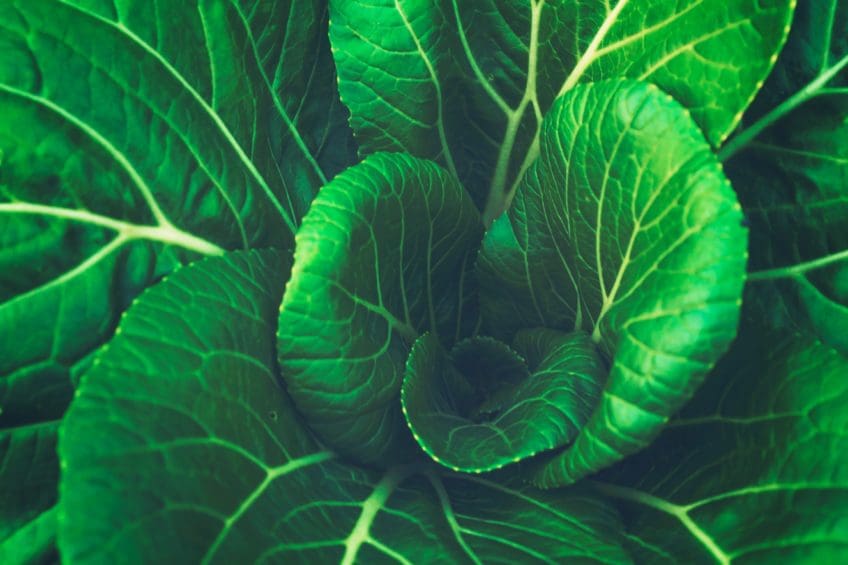Why Gut Health Is Important
Did you know that there is a whole community of microorganisms that live within your gastrointestinal tract known as the human microbiome? In fact, this beneficial bacterium can contribute up to 4lbs of your total body weight and is as individual as your fingerprint.
We only understand a small fraction of what these beneficial bacteria can do – called probiotics.
Research suggests that probiotics may:
| Improve: | Reduce: |
| – Lactose intolerance
– Glycemic control – Bowl regularity – Immunity – Inflammation – Vitamin K, and B12 levels by making them |
– Total cholesterol
– Blood pressure – Metabolic diseases (obesity, diabetes, cardiovascular disease) – Symptoms of depression and anxiety – Migraines
|
Since these good bacteria play a role in immunity, metabolism and hormone regulation, it is important that we try and support them as much as we can. Some ways that we can improve our microbiota is:
- Variety: Eat a variety of whole foods to provide nutrients for the diverse bacteria.
- Fibre: Eat a high-fibre diet (vegetables, fruit, beans, legumes, and whole grains) because fibre promotes the growth of beneficial bacteria:
- Whole grains contain non-digestible carbohydrates that promote beneficial bacteria growth in the microbiota.
- Fresh fruit and vegetables are great source of fiber, vitamins and minerals. When you enjoy them raw you increase your chance of getting some beneficial microbes that live in the soil they grew in.
- Fermented foods: (yogurt, kefir, sauerkraut, tofu, beer, wine, tempeh, kimchi, kombucha etc.) are foods with beneficial enzymes and probiotics that help to restore and promote the growth of good bacteria in the gut.
- Prebiotics: Foods high in prebiotics provide your microbiota with nourishment. Foods such as flax seed, beans, legumes, chia seeds, apples and oats are great options to feed the healthy bacteria in your gut.
- Polyphenols containing foods: (found in dark chocolate, red wine, green tea almonds, onions, blueberries etc.) are a type of antioxidant that are digested by the gut bacteria in the colon.
- Limit added sugar: to 25g or less per day (this does not include naturally occurring sugar found in fruit for example). Bad bacteria thrive on refined sugar and artificial sweeteners.
- Limit red meat: daily consumption can lead to unfavourable shifts in gut bacteria.
- Lifestyle factors: reduce stress, get enough sleep, exercise and pets can also help to improve your microbiome.
We often think of removing foods to improve our gut health but often it is the opposite. Once we start eliminating food, we need to continue removing more and more foods; the result is a very limited diet, which may actually make your symptoms worse. It is best to work with a registered dietitian to figure out what foods work best for you as ever persons individual needs vary. Keep in mind food is not the only influence on your microbiome; the birthing process, early feeding methods, life stage, medication, stress, and where you live all play a factor.
By Kelsey Hagen, Registered Dietitian (Nutritionist)
References:
Blaut M, Clavel T. Metabolic diversity of the intestinal microbiota: implications for health and disease. J Nutr. 2007 Mar;137(3 Suppl 2):751S-5S.
Lozupone CA, Stombaugh JI, et al. Diversity, stability and resilience of the human gut microbiota. Nature. 2012;489(7415):220-230. doi:10.1038/nature11550.

